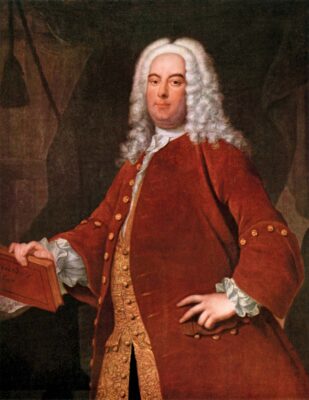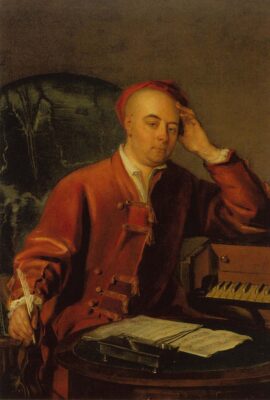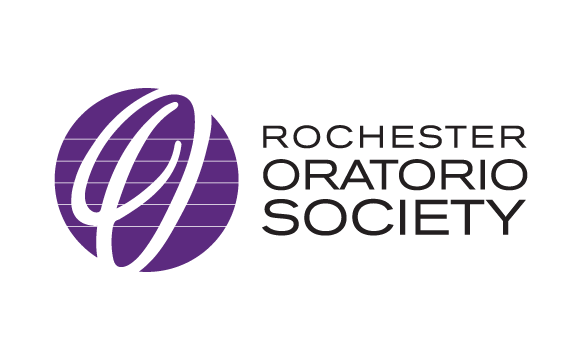George Frideric Handel
Born: February 23, 1685, Halle, Germany, the same year as Johann Sebastian Bach
Died: April 14, 1759 (aged 74), London, England
- At age 17, having newly matriculated at the university, Handel was appointed to a one-year position as organist of the Calvinist Cathedral in Halle.
- By 18, Handel became a violinist and harpsichordist in the opera orchestra in Hamburg, Oper am Gänsemarkt. He started writing opera, producing four by 1708. Handel relocated to London in 1710 and settled there permanently in 1712.
- His famous Water Music of 1717 received 3 performances for King George I on the River Thames.
- By 1723 Handel had moved into a Georgian house at 25 Brook Street, which he rented for the rest of his life. This house, where he rehearsed, copied music and sold tickets, is now the Handel House Museum.
- Handel composed 42 operas over a period of more than thirty years. Handel’s compositions include more than 120 cantatas, trios and duets, numerous arias, odes and serenatas, solo and trio sonatas, 18 concerti grossi and 12 organ concertos.
- Handel started three commercial opera companies to supply the English nobility with Italian opera. In 1737 he changed direction creatively, making a transition to English choral works. After his success with Messiah (1742), he never composed an Italian opera again.


- Handel composed 25 oratorios. His first oratorio, Il trionfo del tempo e del disinganno, an allegory, he wrote in Italy in 1707, aged 22. His last oratorio, Jephtha, premiered in 1752.
- Messiah was first performed at the New Music Hall in Fishamble Street, Dublin, on 13 April 1742, with 26 boys and five men from the combined choirs of St Patrick’s and Christ Church cathedrals participating.
- In 1750 he arranged a performance of Messiah to benefit the Foundling Hospital, a children’s home in London. The performance was considered a great success and was followed by annual concerts that continued throughout his life. In recognition of his patronage, Handel was made a governor of the Hospital the day after his initial concert. He bequeathed a copy of Messiah to the institution upon his death.
- Handel was an adept businessman who contracted his artists and orchestras for hundreds of performances, keeping meticulous financial records. He died a wealthy and respected man, receiving a state funeral at Westminster Abbey.
- Handel’s works were popular during his lifetime. 12,000 people attended the first performance of his Music for the Royal Fireworks in1749.
- Handel has generally been accorded high esteem by fellow composers, both in his own time and since.
- Mozart is reputed to have said, “Handel understands affect better than any of us. When he chooses, he strikes like a thunder bolt.” Mozart made an arrangement of Handel’s Messiah, adding clarinets.
- To Beethoven, Handel was “the master of us all…the greatest composer that ever lived. I would uncover my head and kneel before his tomb.” “Go to him to learn how to achieve great effects, by such simple means.”
- The last performance Austrian composer Franz Schubert attended was Handel’s Messiah in 1828.





